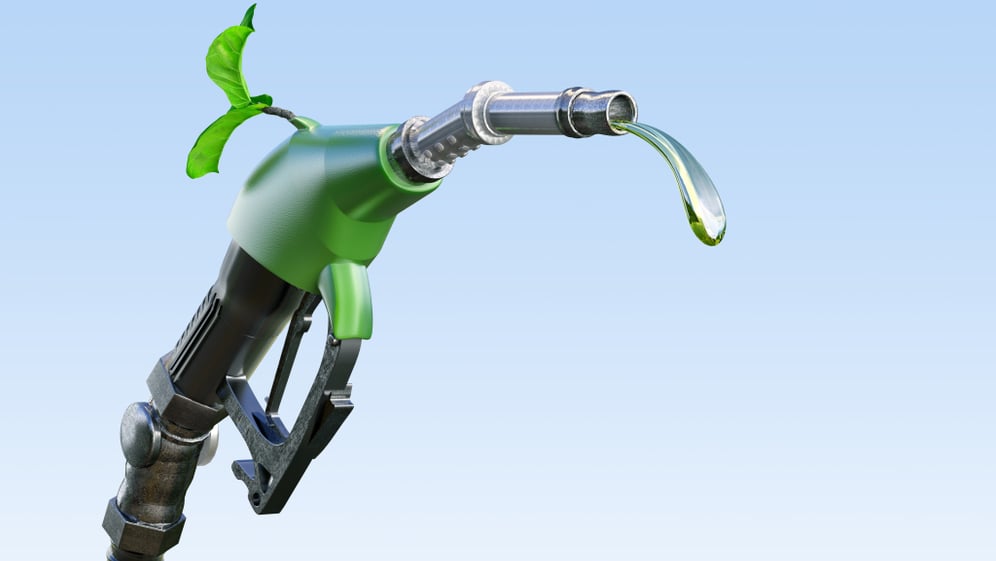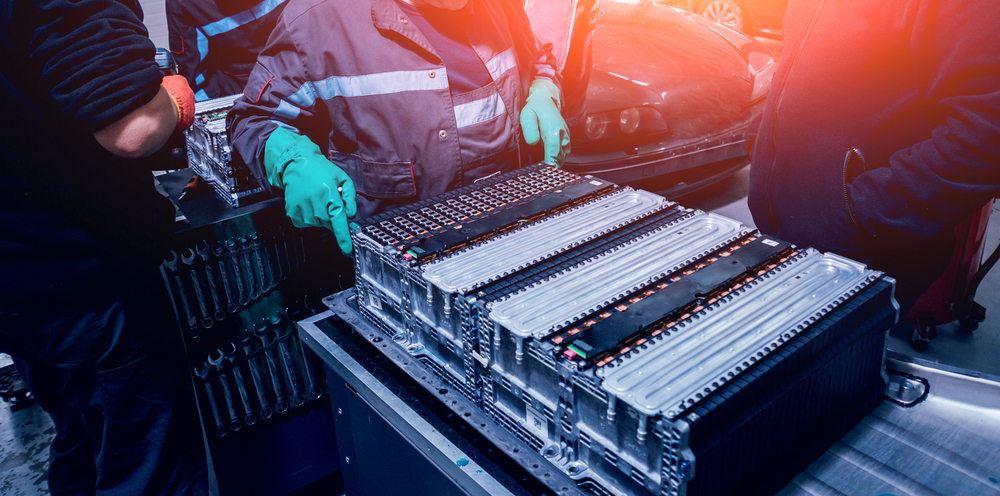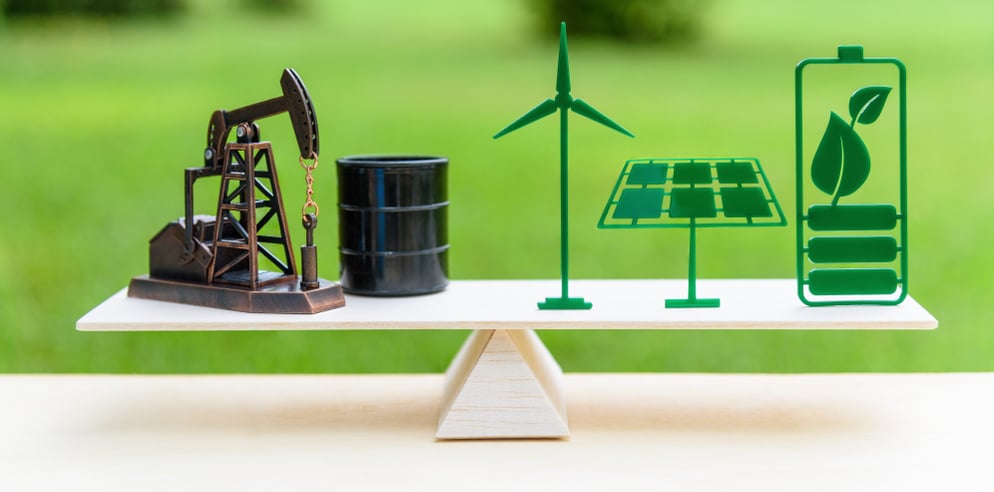Cargotech | A Look at Biofuels and Future Fuels in Freight

Looking at ways to develop greener energy sources in the transportation industry is a top priority for many scientists. These biofuels can play a crucial role in reducing the reliance on fossil fuels while also creating a much cleaner environment.
A variety of alternative energy sources are continually under testing in the hopes of finding a cleaner and more efficient source of energy for the trucking industry.
Here are a few examples of future fuels and how they can make a significant impact on inland freight soon.
#1) Clean Electricity
Renewably sourced electricity is a much cleaner and more efficient source of energy compared to using fossil fuels. The main problem with using clean power is that today's technology makes it nearly impossible to use this source of energy with applications that use large amounts of heat or high-density energy storage.
Despite these limitations, battery-electric solutions remain an excellent choice in other areas, such as electric trains on long-distance routes. However, technology will need to continue to develop to make electricity a viable option for the vast majority of modern freight transport.

#2) Biofuels
Biofuels continue to be one of the main focal points in minimizing reliance on fossil fuels. Many biofuels are grown from grain or the residue of recently cut plants, while fossil fuels consist of animals and plants from over millions of years ago.
Biofuel technology has made it possible to develop a wide range of products, such as methane, ethanol, and the biological equivalent of diesel. Ultimately, biofuels have a much smaller carbon footprint compared to fossil fuels and are much more sustainable over the long-term.
However, one of the main drawbacks of biofuels is that these crops can cause additional strain on land and water resources needed for producing food.

#3) Utilizing Waste Products
One of the ways to overcome challenges related to a lack of resources is to produce biofuels from materials that would typically go to waste. For example, a factory in Nevada is under construction to produce over 50 million liters of synthetic crude oil each year by using the waste from a nearby landfill.
Despite the many benefits of using biofuels, fossil fuels remain the most pervasive amount of fuel used in the transportation industry. Biofuels only accounted for 2.7% of the entire world's transport fuels in 2017, and this number is expected to grow to 3.4% by 2020.

#4) Power Fuels
Interest in power fuels continues to grow with many scientists, as they are a viable alternative to biofuels. Power fuels are developed from a synthetic process to produce a clean source of energy.
Synthetic hydrocarbons are one of the most commonly used power fuels, as it is the result of combining hydrogen with another carbon source. This technology is used in many vehicles to create "e-methane," as an alternative to natural gas.
Technology is still under trial testing to develop hydrocarbons that can turn into diesel, gasoline, or aviation fuels.
The Future of Fuels in Freight
Clean fuel technology is an ongoing process that is in various stages of development. Many biofuels are already widely used on an industrial scale, such as the biofuels created from soy and sugar cane. On the other hand, power-to-liquids plants may eventually arrive between 2025 and 2050.
All of these alternative fuels have various advantages and drawbacks. For example, hydrogen is difficult to store but is one of the cleanest of all the energy alternatives. E-methane is more energy-intensive but is a viable alternative in replacing fossil fuels. Technology will continue to develop and will play a key role in determining the future of fuels in freight.
The development of cleaner sources of energy in trucking is an ongoing process that has the potential to make significant changes soon. Zero-carbon logistics will most likely occur due to a combination of all these different approaches, whether it is clean electricity, biofuels, waste products, or power fuels.
Research breakthroughs can play a pivotal role in transforming the trucking industry, as scientists continue to look at ways to find sustainable alternative sources of fuel.
Stay Connected With Cargobot for the Latest Freight Tech News
Cargobot is an industry leader in enabling shippers and carriers to work directly. Their easy-to-use platform opens a network of certified carriers nationwide. Easily track freight in real-time, remove hidden broker fees, keep all important documents organized, and access 24/7 support from a dedicated customer service associate.
Learn more about how Cargobot is leading the way in helping inland freight go direct. Visit the Cargoblog to stay up to date with the latest in inland freight news, Learn more about the company at Cargobot Academy, or download the shipper app on iOS or Android.




